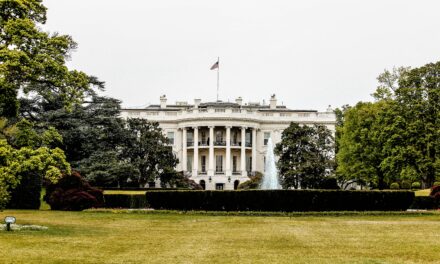There so much intrigue in the world it’s sometimes hard to keep up with what’s important.
And, while Russia and Saudi Arabia may be evoking other emotions and memories this week, what they are up to away from U.S. politics is worth noting.
That because both are big players in the oil patch.
And, a week before OPEC and allies meet in Vienna to discuss a big oil production cut, the market is still wondering whether OPEC leader Saudi Arabia and non-OPEC giant Russia, will continue their two-year old courtship.
Will they make good on the Saudi’s notion to manage the oil market with a cut both to prevent a glut and, more importantly, to prop up prices?
The Russians are generally coy and usually wait until the last minute to agree to production cuts.
Moscow has gone along with all OPEC’s market management schemes since November 2016 when it agreed start cooperating with Riyadh.
Twoubling Tweets
What’s unusual this time around is that next week’s OPEC+ meeting will be much more politically charged than previous gatherings.
As the analysts as OilPrice so bluntly put it, “U.S. President Donald Trump Twitter-crashed the party weeks before it begins with comments that he hopes there won’t be a cut, with a ‘thank you’ Saudi Arabia tweet, and an urge for even lower oil prices, while basically declining to blame Saudi Arabia and its Crown Prince Mohammed bin Salman for the murder of Jamal Khashoggi.”
But Russian President Vladimir Putin has his own drama, too. And that’s led him to publicly embrace Brent Crude in the $50s, while Saudi Arabia needs a much higher price, probably closer to $80, to balance its budget.
The reality is that Russia, with its complex oil taxation system, doesn’t need high prices. In fact, Russian companies benefit more from lower oil prices and higher production.
Then there are Russia’s internal politics – the ones that have nothing to do with Trump.
Puttin’ The Squeeze On Putin
Putin, in October, angered most Russians when he raised the country’s retirement age. For women, it jumped from 55 years old to 60 years old. For men, the hike was from 60 to 65.
The raw emotions, in turn, could make gasoline price spikes quite politically sensitive.
That’s what led Putin to offer this word salad, “As for the need to limit production or not, I will not say anything about this for the time being. We must be very careful in this respect because every word is important and affects the federal budget revenues. However, it is obvious that we should cooperate, and we will cooperate.”
Despite Putin’s angst, the specter of an OPEC production cut has been on the table for a month.
In early November, Saudi Arabia’s Energy Minister Khalid al-Falih said that he feared an oversupply so OPEC needs “to do whatever it takes to balance the market.”
By his analysis that balancing would require a production cut of at least one million barrels a day.
Ultimately, there’s an excellent chance that despite the dubious economic and domestic benefits from high oil prices, Putin will agree to the production cuts because he’ll find the political gain irresistible.
Being a player alongside Khalid al-Falih will further boost Russia’s influence in the Middle East and with Saudi Arabia.
Of course, as it is with so many global issues, there’s one wild card.
In this case, Riyadh might find itself caught between a rock and a human rights hard place. Because while it’s desperate for oil prices higher than $60, Trump’s support for Mohammed bin Salman in the face of clear evidence that he ordered Khashoggi’s murder could lead the Saudis to refrain from angering the U.S. President.
If that comes to pass, the Saudis may publicly demure next week but that will just be optics. It will get its way soon after with a “quiet cut” that will be disguised as anything but a production cut.
Twitter-verse awaits that eventuality.














